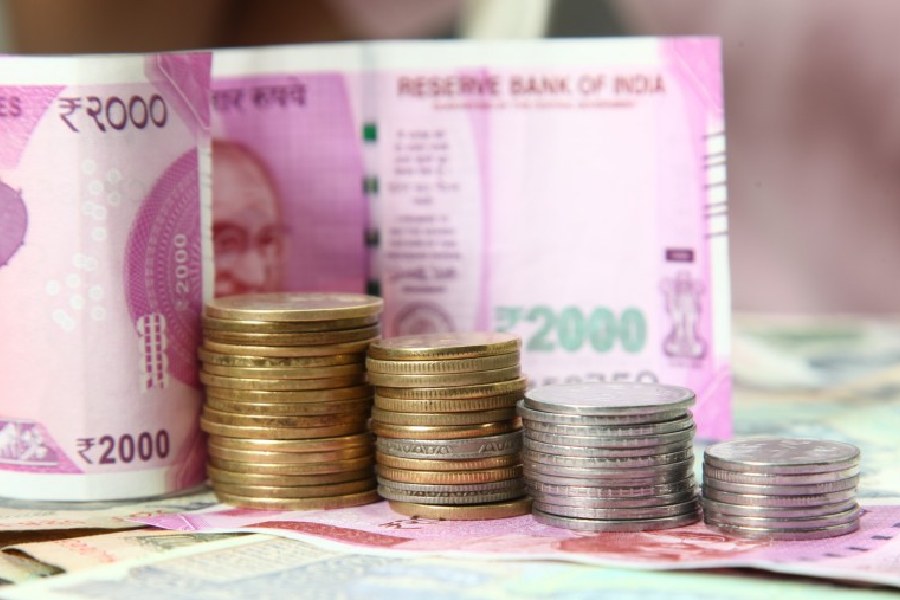Many consider investing in real estate instead of the financial markets or other investment tools as a safer hedge against inflation. If you are one of those who have been investing in property on expectations of getting a good return by selling the property, watch out for the taxes to be paid.
Time it well
Timing the sale of your property is important, especially if you have either recently purchased it or have been making the use of home loan deductions on offer.
If you sell your property within three years of buying it, you will be subject to short-term capital gains tax. The gain is added to your annual income and you are then taxed according to your tax slab rate. So, if your earnings are more than Rs 10 lakh after deductions and are in the highest tax bracket, and you are selling your property within 36 months of purchase, you will end up paying short-term capital gains tax at 30 per cent of the gain on your sale proceeds.
.jpg)
If you used a home loan to fund your property purchase, selling the property within five years of the financial year you bought it will make your home loan related tax benefits redundant. You will no longer be able to claim any tax deduction on repayment of the principal sum, or any stamp duty or registration deductions under Section 80C.
More importantly, any deductions that you may have claimed in the previous years will now be deemed to be your income in the year in which you sell the property and will be liable to tax on such income.
The only tax deduction available will be in the interest you pay on your home loan under section 24B.
Long-term gains
Selling your property after three years will mean you will be liable for long-term capital gains taxed at 20 per cent after accounting for indexation. You can also claim various other tax deductions such as expenses for repairs and renovation if you are liable for long-term capital gains.
Long-term capital gains are calculated by deducting the indexed cost of acquisition from the final sale price of your property. The indexed price of acquisition uses a cost inflation index, or CII, a number published by the ministry of finance each year.
So, the long-term capital gains is the sale price minus the indexed cost of property ownership.
The indexed cost of property ownership is calculated using the formula: Purchase price x (CII for year of sale divided by CII for year of purchase).
Suppose you bought a property for Rs 30 lakh in 2010 and sold it after 5 years in 2015 for Rs 50 lakh. If the CII values for the two years in question are 711 and 1081, respectively, the indexed cost of property ownership comes to Rs 45.61 lakh.
The long-term capital gains will then be Rs 4.39 lakh (Rs 50 lakh-Rs 45.61 lakh).
Ways to reduce liability
There are ways in which you can negate your tax liability for property sale proceeds completely. All you need to do is to use the entire amount you get from the transaction to buy another property or house. You can choose to either buy a house within two years or build your own house within three years.The new property you buy must be in the name of the seller of the earlier property.
If you do not want to use the sale proceeds to buy a property immediately, you can invest the long-term capital gains by opening an account with any of the nationalised bank under the capital gains account scheme (CGAS). The money you deposit can only be used to buy or construct a property.
Alternatively, you can also invest in various bonds issued by the National Highway Authority of India and the Rural Electrification Corporation and claim exemption under section 54EC of the income tax act. However, there is a catch. You can only invest up to Rs 50 lakh in one year and that too within six months of selling the property.
From this year, you can also get tax exemptions by investing your long-term capital gains in a technology-driven start-up, provided you stay invested for at least three years.
Keep TDS in mind
When you sell a property, the buyer is mandated by law to deduct TDS at 1 per cent of the total value if the property is above Rs 50 lakh. The buyer needs to deposit the TDS amount with the IT department, allowing you to claim credit for the deduction. Therefore, if you incurred loss in your property sale or are claiming exemption from long-term capital gains, you can claim TDS refund.
Buying and selling property can be a draining exercise, but knowing your tax obligations means you can be a smart seller and save on the associated taxes.
The writer is CEO of BankBazaar.com

.jpg)








